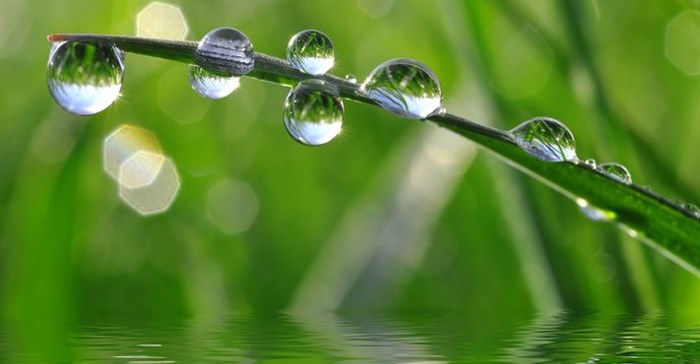
Top stories





ESG & SustainabilityEngen partners with Palesa Pads to provide reusable pads to hundreds of South African school girls
1 hour

More news




Logistics & Transport
Uganda plans new rail link to Tanzania for mineral export boost




















An NP 300 4X4 vehicle has been made available for transportation of people and equipment to the programme's water source sites.
WWF's Water Balance Programme encourages businesses to take ownership of the country's common water challenge by not only reducing their own water demand, but by making an investment back into water provisioning ecosystems in relation to the size of their operational water use.
This year, as Nissan sponsors a new vehicle to WWF for its continuing water conservation efforts, a team from Nissan will accompany WWF to view a site in Luneburg (near Wakkerstroom). Here, together with Nedbank and Sonae Novobord, landowners have been supported in their efforts to improve the health of an important catchment.
"Like energy, water is becoming a scarce resource and water shedding has already started. Companies and individuals need to start looking at water conservation and incorporating this matter in their strategic goals, as well as leading by example," says Duduzile Mwelase, general manager of corporate communications at Nissan.
"WWF acknowledges the importance of the support of companies like Nissan in tackling our water challenges," Helen Gordon, Water Balance Programme manager at WWF, explains. "Only 8% of the land area in the country provides 50% of our surface water. Our goal is to invest in the health of these water source areas to ensure the continued supply of the country's water - imperative for future economic development.
"A major threat to the health of our water source areas is the spreading of water-thirsty invasive alien plants, which destroy the proper functioning of river banks and wetlands. Thus, the clearing of these plants is at the top of our list of water supply interventions," Gordon says.
Nissan's commitment to water conservation also extends to its production process. According to the company's 2015 Sustainability Report, it is working to manage and reduce water usage at all of its production plants.
To achieve its goal of reducing water usage by 15% between 2010 and 2016, Nissan is implementing global best practices, including thoroughly processing its waste water at its various plants, strengthening pollution measures and reducing water usage for each new vehicle produced. The South African plant in Rosslyn, Pretoria has also implemented the process of deammonification in its internal paint shop to remove nitrogen content from its waste water.